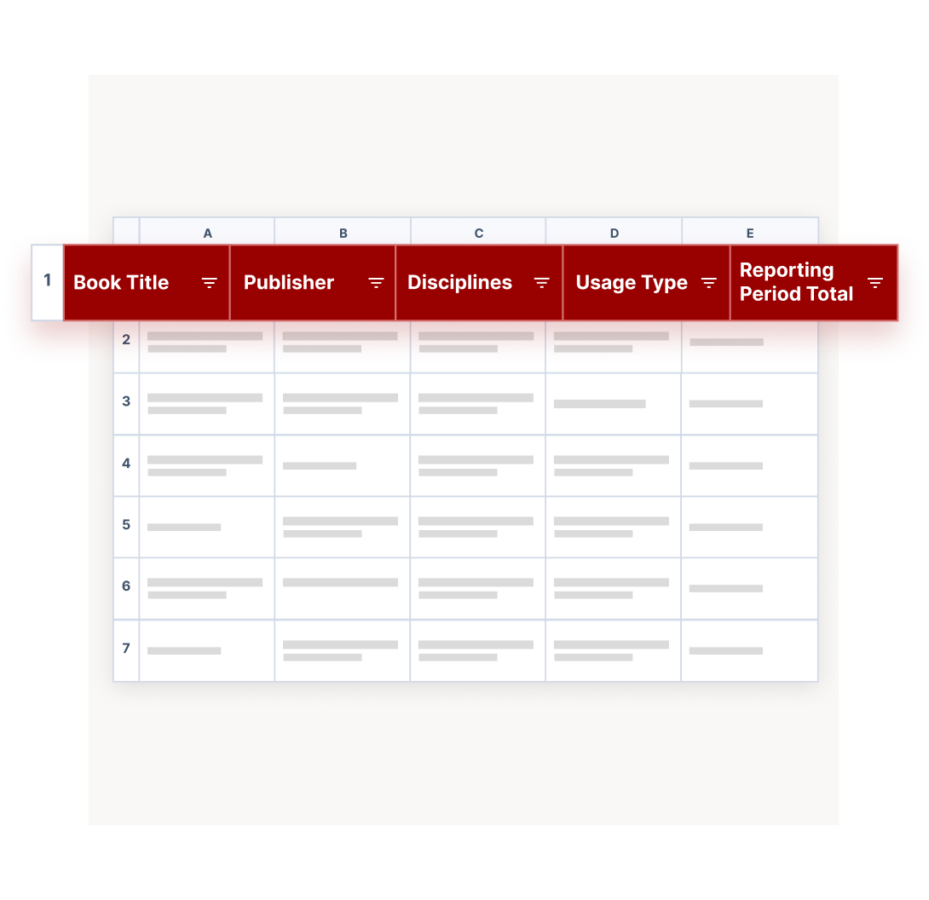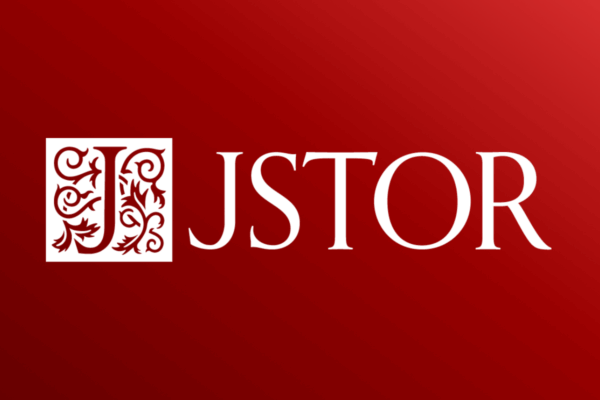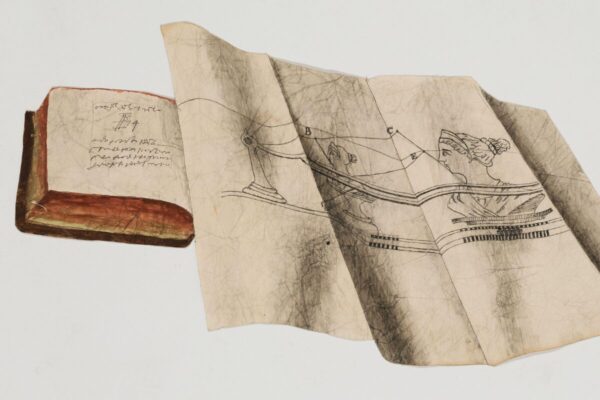A data-driven approach to managing your ebook budget
Evidence-Based Acquisition (EBA) is a Books at JSTOR model that gives libraries unlimited access to thousands of high-quality backlist ebooks from leading scholarly publishers for a single upfront fee.

115+
Scholarly publishers
93,000+
High-quality backlist ebooks
85+
Disciplines covered
Access that reflects real reader engagement
With EBA, libraries get:
- Unlimited access to a growing corpus of 93,000+ high-quality, backlist scholarly ebooks from 115+ of the world’s leading scholarly publishers—all for a predictable, flat annual fee
- One year of unlimited DRM-free access to titles, followed by the opportunity to select titles for acquisition based on usage data
- Unlimited access to millions of dollars worth of ebooks per year at a fraction of the cost
- No additional participation or platform fees


How EBA works:
- Libraries pay a one-time fee to access all ebooks in the program, 75% of which is used to acquire ebook selections at the end of the access period
- The upfront investment provides one-year of unlimited access to our growing EBA ebook collection
- Access periods run for 12 months on a January – December or July – June cycle
- Towards the end of each year, libraries use real usage data to decide which titles to acquire for perpetual access on JSTOR
What makes the combination of EBA and DDA work for us is being able to get the MARC records in and out automatically. To the reader, there’s no difference in how the ebooks are discovered or accessed.

How one small university built a big ebook strategy with JSTOR
Victoria University of Wellington combines EBA and DDA models to maximize flexibility, streamline workflows, and grow its ebook collection without increasing staff workload.
The latest from Books at JSTOR
Build your evidence-based ebook strategy
Contact our team to explore how JSTOR’s EBA model helps you optimize budgets, expand access, and acquire ebooks based on real reader engagement.
Maximize your ebook budget
Explore JSTOR’s EBA model
Expand access and control costs with data-informed ebook decisions.
Integrated with Books at JSTOR
EBA is part of Books at JSTOR, which helps libraries streamline acquisition, expand access and discovery, and maximize the value of their collections. Books at JSTOR offers reliable, barrier-free access to ebooks—unlimited, DRM-free, and perpetual use—across flexible acquisition models. All titles are fully integrated with scholarly journals, research reports, images, and multimedia on JSTOR, and a partnership with OCLC provides high-quality MARC records.
Interested in ebook acquisition and access beyond EBA? JSTOR offers a variety of models to meet your needs, including Publisher Collections, Path to Open, Demand-Driven Acquisition, and subject packages alongside open access.








